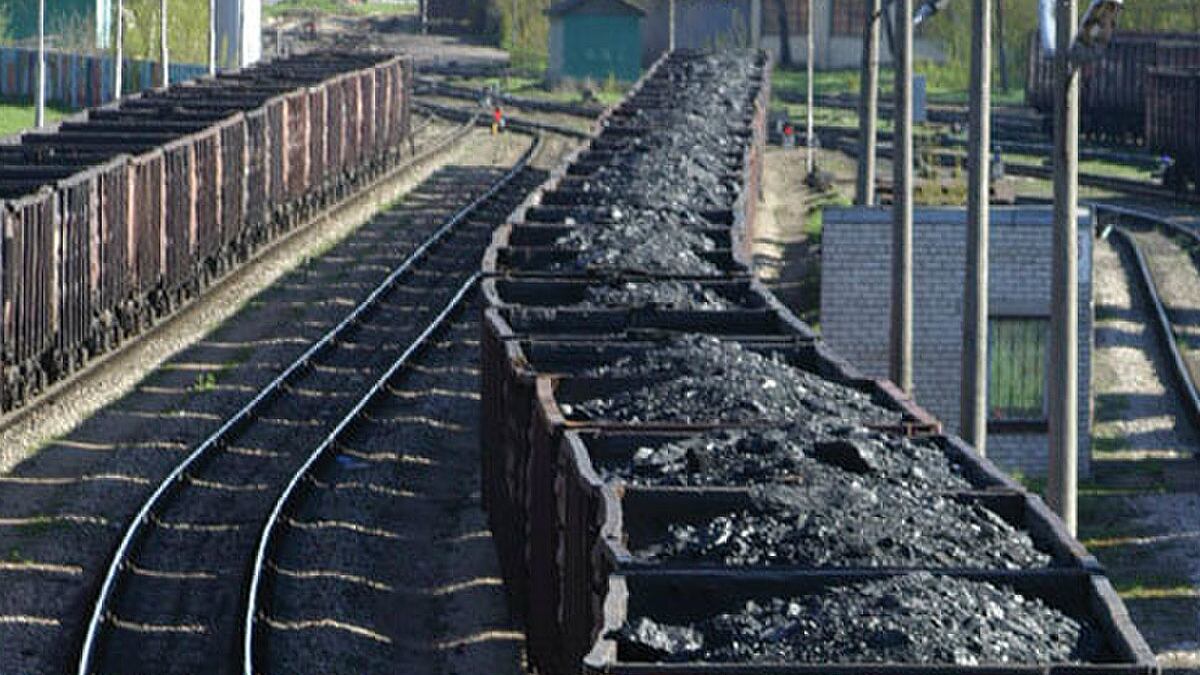Over the past decade, coal merchants looked longingly at Asia as an outlet for abundant, high-quality Wyoming coal. As U.S. utilities turned toward cleaner, cheaper natural gas for fuel, developers proposed six different coal export facilities in the Northwest.
Today, only one—the proposed 44-million-ton-a-year Millennium Bulk Terminals project proposed for Longview, Wash.—is still alive.
On Friday, the state of Washington and Cowlitz County will release a key document called the Final Environmental Impact Statement (FEIS). That phone-book sized report should encapsulate everything known and projected about the effects of running mile-long trains laden with coal through the Columbia River Gorge Natural Scenic Area and putting them on ships at Longview for export.
A lot has changed since 2010, when the declining U.S. market for coal prompted the flurry of proposals along the Columbia. Climate-change concerns moved industrial buyers away from coal and critics mobilized effectively. The public contributed nearly 500,000 written comments as part of the Longview evaluation process.
Those comments are aimed at persuading local, state and federal authorities to kill the project after they've digested the FEIS—although that point may be moot.
Here's how Clark Williams Derry of the Sightline Institute, a leading critic of coal exports, put it in today's Seattle Times:
"The reality is that the economic prospects for West Coast coal exports have collapsed," Williams-Derry writes. "China's demand for coal, which once seemed limitless, has been falling for three consecutive years. India's coal imports fell last year and are projected to drop even further as the country increasingly taps domestic coal reserves to fuel its power plants. And while bad weather and shifts in Asian economic policy still cause temporary spikes in international coal prices, the futures market predicts that for most of the next five years coal prices will remain far too low for U.S. exporters to earn significant profits selling to Asia."
Groups such as Columbia Riverkeeper are pushing hard to ensure the terminal never gets built.
"No matter what the state finds, we know that this project is nothing but downside," said Riverkeeper organizer Jasmine Zimmer-Stucky. "Why would we risk our clean water and air to help coal executives make a longshot attempt at resurrecting their dying industry? The Pacific Northwest has spoken out against these climate-killing projects; now it's on state leaders to do the right thing."

